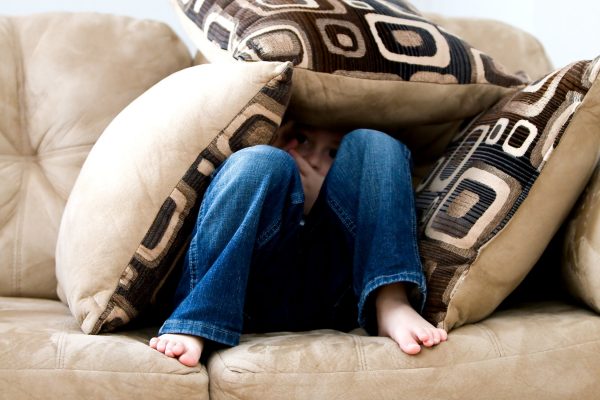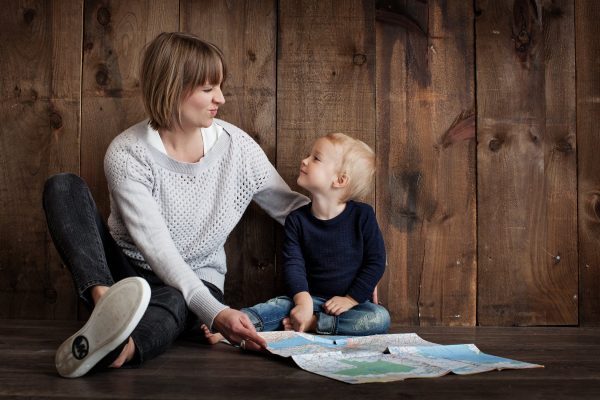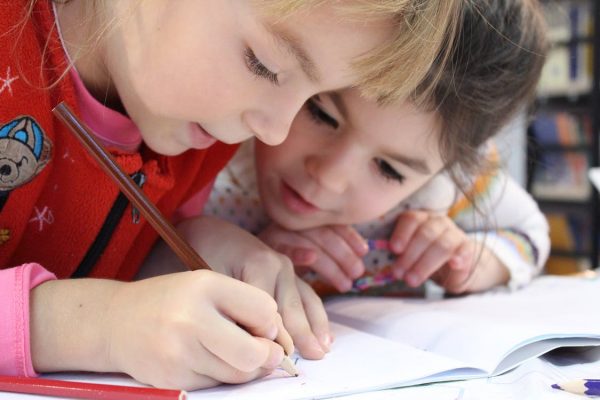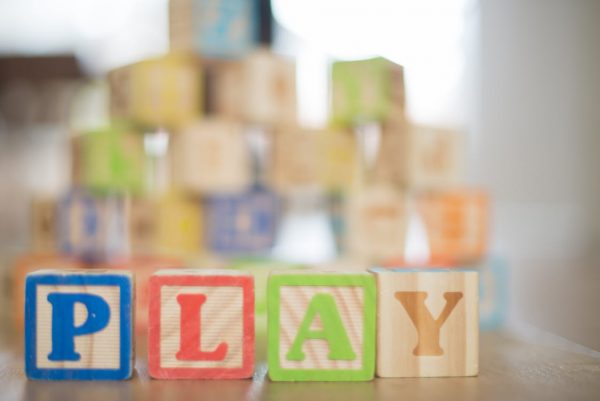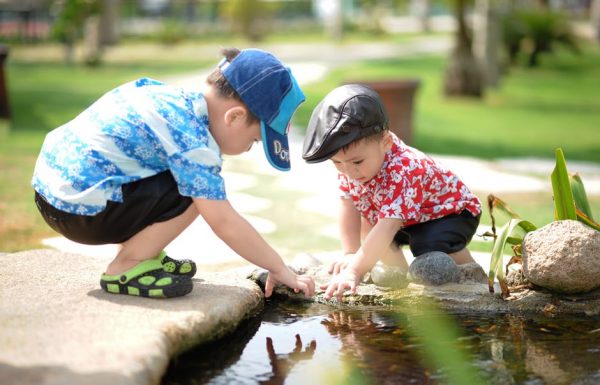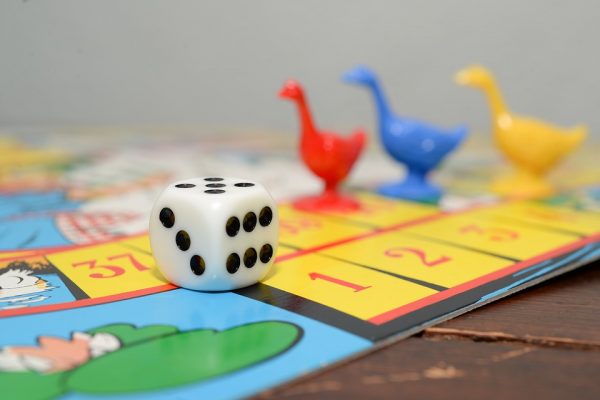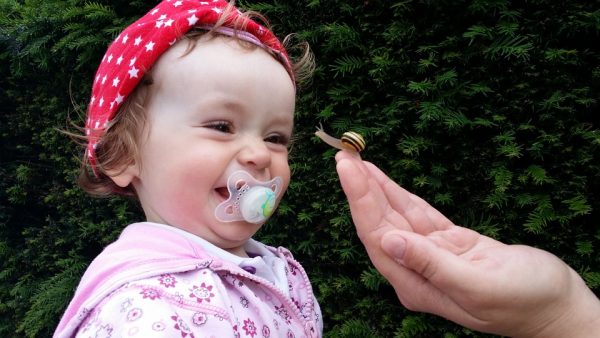It’s tough when your baby won’t stop crying. Worries fill your head like “is there actually something seriously wrong with them?” , “am I doing something wrong?” or “I don’t know what to do and I’ll never connect with my baby.” If you’ve been in this situation, don’t worry, it’s normal. Crying is just your baby’s way of trying to communicate with you, so it’s all about recognising their type of cry and using the right techniques to soothe them.
This will take time and patience for you both, but to help you stay as calm and in control, here are our top 10 tips to soothe your crying baby.
1. Learn what each cry means
In time, you will learn that each cry sounds slightly different and you will be able to decipher between their “I’m hungry” cry from their “I’m tired” cry and so on. Notice the differences in volume, pitch, and intensity, and pay attention to their body language and facial expressions.
Sometimes, however, it will appear that your baby is crying for no reason at all, this is where you should use one or more of the tactics below.

2. Shush your baby
You may think that making more noise is counterproductive, but it actually helps soothe a crying baby. Try shushing your baby at a similar volume to his cries, decreasing in volume as their cries do. For some babies, this makes them feel understood and it calms them, for others, it’s the white noise in the background which does the trick.
3. Rock, swing or sway your baby
Another classic soothing technique that works like a charm is to create a rhythmic motion of any kind. Most babies love to be gently rocked, so walk around and sway them, rock them in a chair, or take them for a walk in the pram or a drive in the car.
4. Swaddle them
In the first few months of life, swaddling is a great technique that you can use to soothe your baby. Not only does it mimic the womb, making your baby feel warm and secure, but it also prevents your baby from being disturbed by their own startle reflex, as newborns typically flail their arms randomly for the first several weeks.

5. Create white noise
We all find some repetitive background noise soothing (have you ever fallen asleep in front of the TV?), so it makes sense that white noise will calm your baby. Rhythmic white noise can include the shower, extractor fan, washing machine, vacuum cleaner, hair dryer, or even an app on your phone that plays ocean sounds or rain.
6. Rub their tummy
This has been known to work for adults too! Rubbing your baby’s tummy when they are restless can soothe and comfort them, whilst also helping with their digestion. You might find that in doing this regularly before they sleep that they tend to cry and fuss less, if so, incorporate it into their bedtime routine.
7. Give them something to suck on
Most babies have a strong sucking reflex with some even sucking their thumbs or fingers before they’re born, so let them suck on your clean finger or knuckle and you may find that this will have a soothing effect. If your baby needs this sensation a lot, then consider introducing a dummy.

8. Hold them in a different position
If your baby is restless, holding them in a different position can have a calming effect. Lie them on their side or their stomach and rock them or rub their back gently. Just remember to always place them on their back when you put them back in bed.
9. Give them a warm bath
A soothing bath can help your baby to calm down, especially if they like the sensation of water, so consider giving them a warm bath either before bed or when they are particularly restless. Just remember to check the temperature with your elbow, it should feel neither hot nor cold.
10. Drape a white blanket over them
Sometimes babies can get over-stimulated, so the best way to soothe them is to put a white sheet over their pram or over your shoulder while you hold them in your arms. Having a plain background has a very calming effect for babies, so even standing with your back to a white wall will have the same effect.
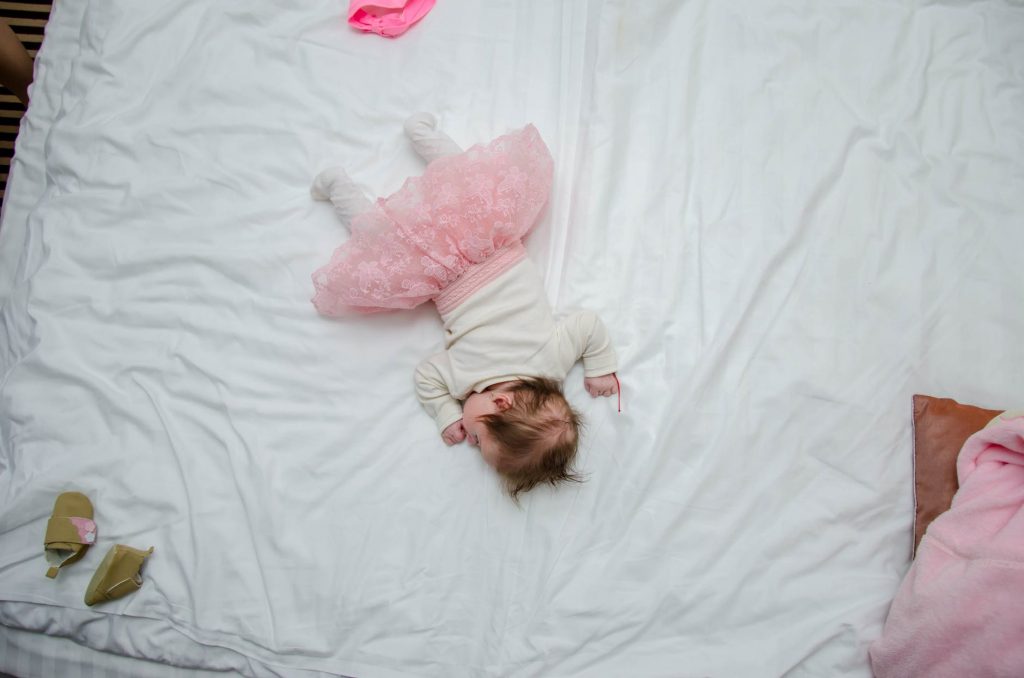
11. Wait a few minutes to see if they will self-soothe
Between four and six months, your baby can learn to self-soothe, so when you hear them crying in the middle of the night, wait a few minutes. Sometimes babies cry out when they stir in their sleep but within a few minutes, they are able to settle themselves.
12. Take a moment to see how you feel
Are you feeling overwhelmed? Stressed? Frustrated? When you’re harbouring negative emotions, your baby can sense this, so try your best to remain calm and collected and you’ll soon see that this soothes your baby the most.
It’s normal for babies to cry and it’s just a phase, so try your best to get through it and don’t blame yourself. Your baby isn’t crying because they don’t like you or you’re a bad parent, they are just trying to learn and get through life just like the rest of us!
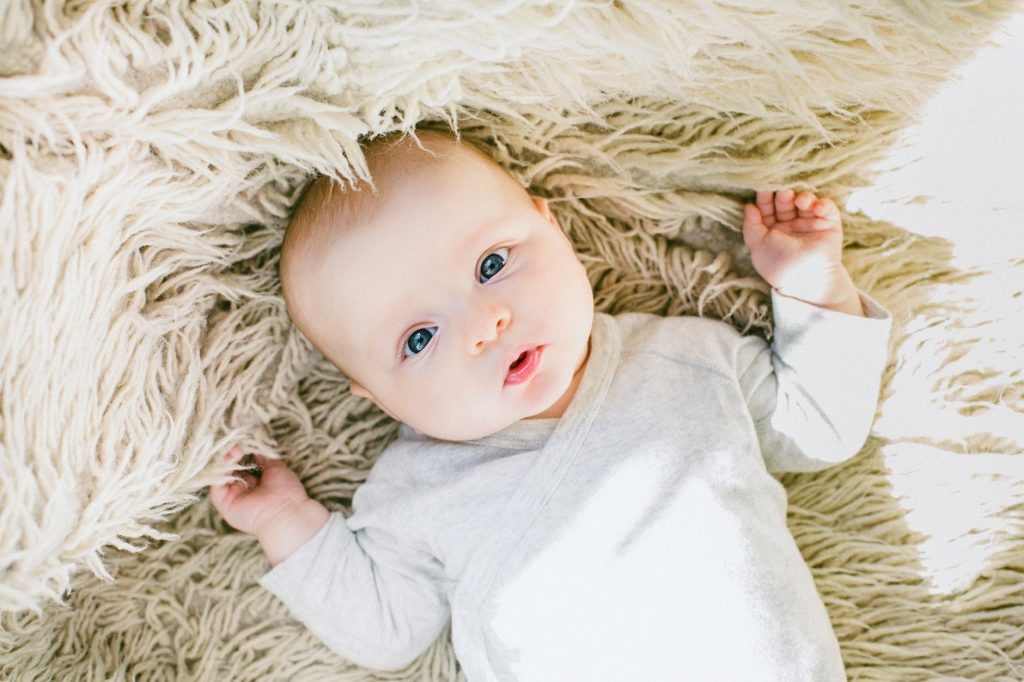
At Schoolhouse Daycare, we enjoy learning, encouraging confidence and we love life! If you think your child would enjoy life at Schoolhouse, then please do not hesitate to arrange a visit.
















